DR. LEE S. COHEN & ASSOCIATES
SPORTS MEDICINE PODIATRY CENTER
NEUROMAS & NEUROPATHY
COMMON SYMPTOMS, CAUSES, AND TREATMENT OF NEUROMAS AND NEUROPATHY
NEUROMAS
What is Morton’s Neuroma?
Morton’s neuroma is a common condition that causes pain in the ball of your foot—typically the area affected is between the third and fourth toes. The feeling is similar to that of having a small rock—or marble—stuck in your shoe. A neuroma is a small benign tumor of a nerve. Morton’s neuroma is not a tumor at all, it is actually a thickening of the tissue that surrounds the nerves that lead to the toes.
Causes & Symptoms of Morton’s Neuroma
Improper footwear—like those that squeeze toes together or distribute weight unevenly— are among the major causes of Morton’s neuroma. Those suffering from this condition often find relief by changing shoes, stopping their walk, or by massaging the affected area.
While poor shoe choice is usually the main cause of Morton’s Neuroma, many factors contribute to its development. Some of these include:
Trauma
Biomechanical deformities
Repeated stress
Overuse
Although most of the time there are no obvious symptoms related to this Morton’s neuroma, people will typically experience a painful burning sensation in the ball of their foot, tingling, numbness of the toes after a long period of stress, or the feeling similar to that of walking on a pebble in your shoe. It is typically when the discomfort persists for more than a few days that one might suspect Morton’s Neuroma.
Diagnosis & Treatment of Morton’s Neuroma
To diagnose Morton’s Neuroma, your podiatrist will perform a physical exam. During the exam, he or she will feel around for a mass or tender spot. In addition, they may order some imaging tests—like x-rays or an ultrasound— to rule out any other causes of your foot pain.
Morton’s Neuroma can be treated with non-surgical and non-invasive methods in most cases. Treatments can include:
Changes in footwear
Cortisone injections
Ice/rest
Anti-inflammatory medications
If milder approaches such as these don’t relieve symptoms, your podiatrist may recommend surgical treatment which may include a procedure where pressure is relieved from the nerve by cutting the nearby structures, known as decompression surgery. In some cases, your podiatrist may also recommend removing the affected nerve altogether.
Contact us to schedule an appointment with one of our podiatrists for a complete evaluation or call us at our offices conveniently located in Cherry Hill, N.J. or Ridley Park, PA. at (610) 522-9200.
NEUROPATHY
NEUROPATHY PAIN MANAGEMENT
Do your feet ever tingle, burn or feel numb? Are you experiencing shooting pains, a loss of balance or the feeling that your sock is rolled up under your toes? If you have any of these symptoms, you may be suffering from neuropathy.
There are over 100 known causes of peripheral neuropathy. People with diabetes have a greater chance of to developing this condition.
At our practice, Dr. Lee S. Cohen and Associates, our foot doctors can perform a simple skin biopsy to determine the concentration of small nerve fibers in your lower extremity. Performing this procedure allows us to diagnose and effectively treat your condition.
Treatment for peripheral neuropathy includes; nutritional supplements, prescribing medication, injection therapy, and in some cases surgical procedures to release swollen and compressed nerves.
So, if you're experiencing any of these symptoms or have been diagnosed with diabetes, it is essential that you schedule an appointment to see our podiatrists as soon as possible.
Contact us to schedule an appointment with one of our podiatrists for a complete evaluation or call us at our offices conveniently located in Cherry Hill, N.J. or Ridley Park, PA. at (610) 522-9200.



